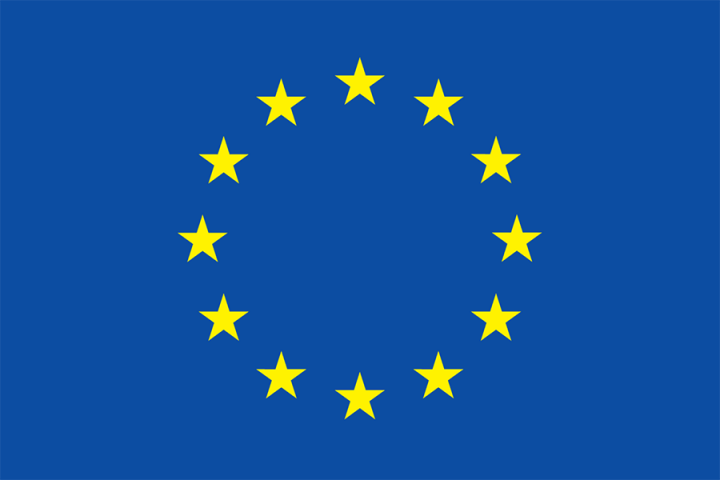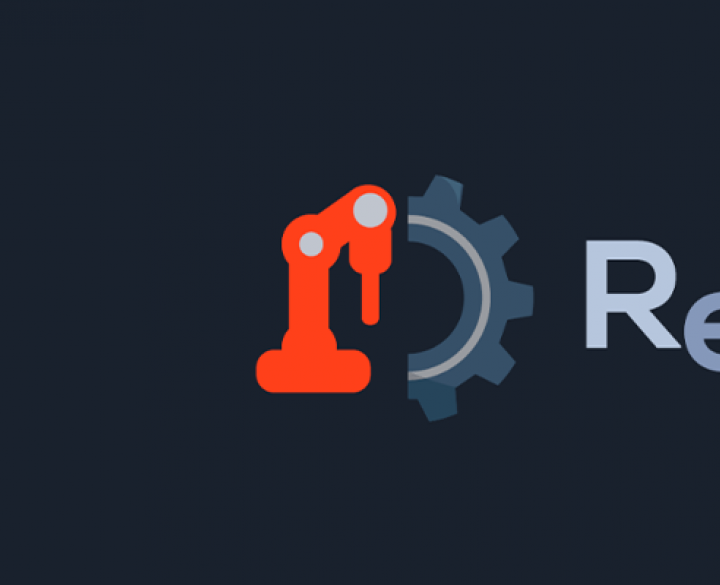The ongoing COVID-19 crisis has shown that several types of PPE and medical equipment are crucial, including the ability to deploy them rapidly. Because of cost factors, these products, or at least critical components for them, are often produced outside the EU. Once things normalize, there will be a large pressure to return to that situation.
Therefore, it is a real challenge to set up a concept, methodology and practical supply chain, especially since for large scale manufacturing one needs tapping into existing lines at commercial companies.
Aim
Our approach is to setup so-called ‘reservist cells’, that in times of crises can be activated within 48 hours to switch to produce the necessary products and services. The concept starts from what is currently used in military environment or also in humanitarian relief, where ‘rapid response teams’ are constantly on stand-by, ready to be activated in case of a need. The basis is the RESERVIST network, a wide group of actors (companies, RTDs, enablers,… but also end-users) linked to providing medical equipment.
The idea is that at the moment of a trigger, the core partners will use the defined ‘call-to-action’ for a quick check among the network to build an operational cell. That cell will be defined depending on the precise need and availability of actors and will be composed of four elements:
- a backbone network of core companies for manufacturing and testing;
- an extended network for further capacities (eg local provision, packaging, distribution, customization,etc.);
- a digital coordination platform and
- a pool of experts from the companies of the network. These cells will become operational in case of an emergency or pandemic but to make economic sense, the same approach of rapid flexibility and adaptability will be used to deal with surging demand in ‘normal circumstances’.
Actions
To realize this concept, we will first work on three levels individually: network level, connected manufacturing/digital manufacturing level and technical level, the latter referring to tweaking manufacturing lines, developing required materials and establishing links with testing/certification.
Next, we will demonstrate the repurposing of 5 existing manufacturing lines within 48hrs towards manufacturing of ‘textile PPE’ (surgical and respiratory face masks, medical aprons) and ‘respiratory ventilators’ (invasive and non invasive) that comply with necessary testing and certification and proceed with the embedment of the reservist cells at the partners in the network.
We will develop blueprints for further take-up and replication of the concept to other sectors. Within the project we will develop two replication demos: ‘disinfection equipment’ and ‘emergency medical equipment’. To support the Cells we will tap into the worldwide maker community and into relevant OITBs and networks.
Research partners
The consortium is strongly industry-driven, including 4 LE and 7 SMEs coming from 7 EU countries:
Coordinator
Centexbel (BE)
Research partners
Idonial Technology Center (ES)
VTT Technical Research Centre of Finland (FI)
Institute for Advanced Architecture of Catalonia - Fab Lab Barcelona (ES)
Industrial partners
Hospitainer – Millson BV (NL)
STAM S.r.l. (IT)
Materials Industrial Research and Technology Center (EL)
SUOMINEN OYJ (FI)
SIOEN Industries NV (BE)
Screentec Oy (FI)
Deltrian Protective Equipment (BE)
Normagrup Technology S.A. (ES)
ArcelorMittal Innovación, Investigación e Inversión, S.L. (ES)
Nardi Compressori Srl (IT)
Industrie et Développement SA (BE)
Associations
Textile European Technology Platform (EU)
Pôle EMC2 (FR)
Acknowledgements

This project has received funding from the European Union's Horizon 2020 research and innovation programme under the European Union's Horizon 2020 research and innovation programme under grant agreement No 101016041




